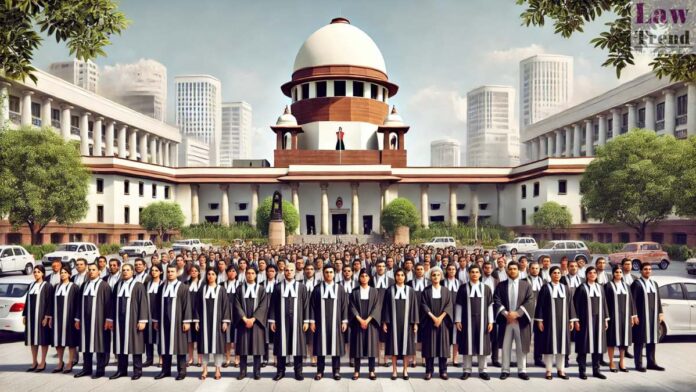In a significant admonition, the Supreme Court on Friday criticized certain members of the Executive Committee of the Punjab and Haryana High Court Bar Association for their reluctance to commit to refraining from boycotting court work. This opposition came in the face of a proposed resolution that sought an unconditional undertaking against future strikes.
The rebuke was pointed, with the Court emphasizing the serious implications of such actions on the judicial process. “Those who play with litigants must be dealt with firm hands,” the bench comprising Justice Abhay S Oka and Justice Pankaj Mithal expressed in a stern admonition. They highlighted the daily listing of 5,000 to 7,000 cases at the High Court, noting the catastrophic impact of even a single day’s boycott by lawyers.
The controversy stems from the bar members’ actions on July 26, 2024, when a strike led to significant disruptions in court proceedings. The Supreme Court, taking cognizance of this in August 2024, had sought an explanation for the conduct that it deemed contemptuous.
Despite some initial resistance, the Bar Association’s office bearers eventually assured the Court in November that they would comply and file an unconditional undertaking to adhere to the legal expectations set forth by precedent, specifically referencing the Ex-Captain Harish Uppal v. Union of India case which prohibits lawyers’ strikes.
However, the recent Court session revealed that dissent still lingers within the executive committee, prompting the bench to question their commitment to the rule of law. “Prima facie it appears to us that opposing the resolution proposed itself indicates that the concerned members have no respect and no regard for the law laid down by this court,” the order stated.
Further complicating matters, the counsel for the Bar Association explained that the opposing members requested the resolution be considered by the general council of the association—a move that did not sit well with Justice Oka who remarked on the potential for future strikes.
In response, the Court issued directives for the acting president of the Bar Association, Jasdev Singh Brar, to provide the names and addresses of the members opposing the resolution, place the December 9 resolution on record, and supply a copy of the Court’s order to these members by the next hearing scheduled for December 20, 2024.
Justice Oka also suggested looking to other jurisdictions, like Odisha, where cases are transferred to adjacent states if lawyers abstain from work, as a potential deterrent against future boycotts. “Once that pinch is there, lawyers would never think of going on boycott,” he noted, underlining the need for stringent measures to prevent disruptions in the legal system.




